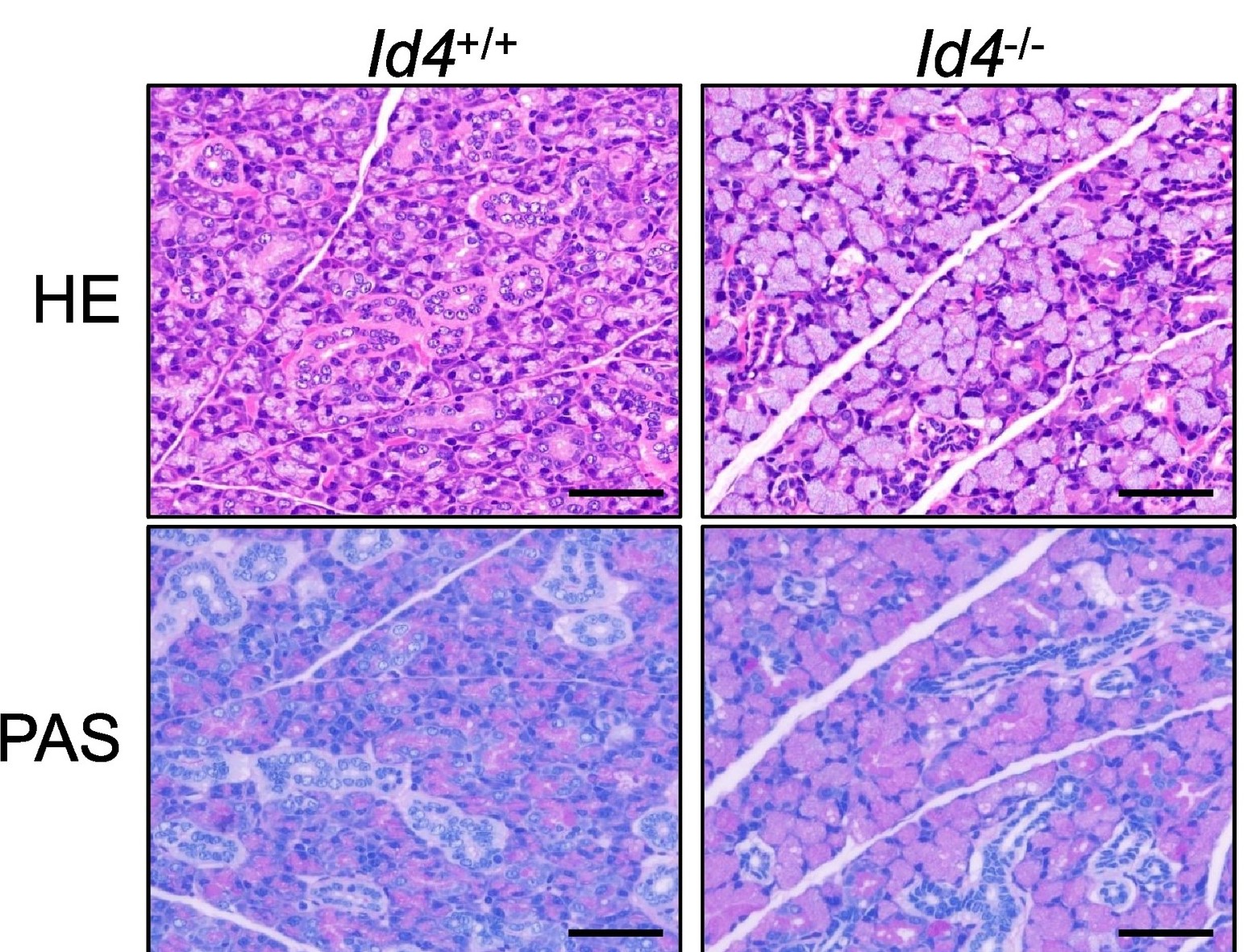Ultrafiltration (UF) of rainwater with chlorination can produce water for potable purposes supporting SDG 6. Long-term tests demonstrate that the produced water meets the WHO standards. PV powered rainwater ultrafiltration cost ranges from 0.04 to 0.13 US$ m3. The developed technique can be implemented with economic viability even for small buildings. The technique can be a reliable alternative to traditional water supply approaches in remote areas across the world.
This falls along the themes of public access (or lack thereof) to physicians has many different consequences to good health and well-being especially with cancer care.
Haloxylon ammodendron is a xerohalophytic shrub from deserts of Asia that can survive at very low soil water content. In this study, the authors provided evidence that the transcription factor HaASR2 plays a critical role in plant adaptation to drought and salt stress and, therefore, could represent a promising gene for the improvement of crop in arid environments.
SAIRUS presents a novel approach to identifying risky social media users by integrating textual, relational, and spatial data, enhancing the detection of borderline cases and promoting safer online environments. It highlights the importance of comprehensive, multi-perspective data analysis for inclusive digital safety efforts.
The study concludes that power outages disproportionately impact urbanized areas and highlights the intersectionality of health risks and urban resilience, pertinent to both Sustainable Development Goal 3 (Good Health and Well-being) and SDG 11 (Sustainable Cities and Communities).
Since the middle 20th century, global production of plastic has exponentially increased to 367 million tonnes. Microplastics (MPs) are globally distributed in aquatic environments, and become a growing threat to the ecosystem. It is urgently needed to develop effective technologies to remove MPs from water and this article gives an overview of possible techniques and the progress in removing of MPs
This article ties to SDG 3. A systematic review and meta-analysis was conducted evaluating stepped care prevention (i.e., targeting those with recent trauma exposure at risk of developing PTSD) and treatment approaches for adults and adolescents/children with PTSD.
Using Health personal protective equipment (PPE) such as face masks, safety foot shoes and protective suits has expanded dramatically due to COVID-19 pandemic leading to a widespread distribution of the PPE, particularly the face masks, in the environments including streets, dump sites, seashores and other risky locations. The environmental degradation of polypropylene, the essential plastic component in single-use face masks (SUM), takes between 20 and 30 years and thus it is essential to develop experimental approaches to recycle the polypropylene or to reuse it in different ways.
This editorial to the collection examines the construct of participation, how it is defined, measured, and integrated into all stages of nutrition research projects and programs and how it influences intervention outcomes.
Elsevier,
Biochimica et Biophysica Acta (BBA) - Molecular Cell Research,
Volume 1870, Issue 2,
2023,
119404
Id4 expression is drastically reduced in the salivary glands of IgG4-RD patients. It s essential for the morphological and functional homeostasis in salivary glands.

